
Days of Immunology, 2013
April 29th was the Day of Immunology (DOI), a day designated by immunologists around the world to bring immunology to the public. The second year of this event was a huge success at the Life Sciences Institute again. DOI was led by Dr. Ninan Abraham (I-cubed Research Group Leader, Department of M&I/ZOOL). This outreach event […]
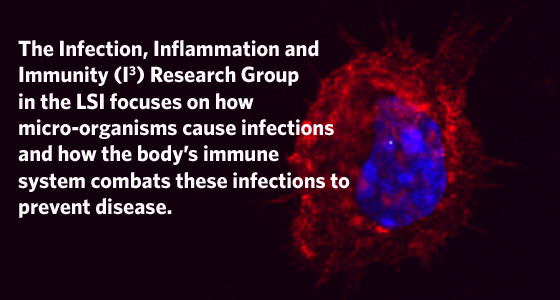
I3 Handout
This handout is designed to introduce and illustrate the research happening within the LSI Research Groups.
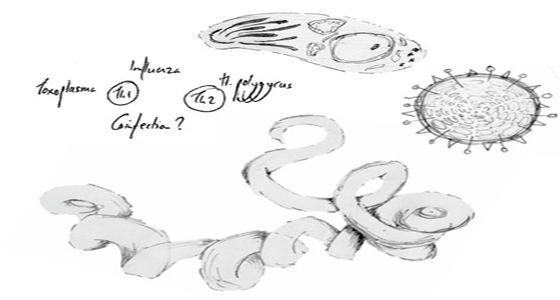
Perona-Wright Lab
We study a family of signalling molecules known as cytokines, soluble messengers used by cells of the immune system to communicate with one another.

Gold Lab
The lab focuses on understanding cell signaling, morphology, trafficking, and effector function of immune cells and tumour cells. We focus on the small GTPase Rap1 which has been shown to regulate many of these biological processes.

Johnson Lab
Our lab is interested in understanding the factors that regulate both the initiation and resolution of inflammation.
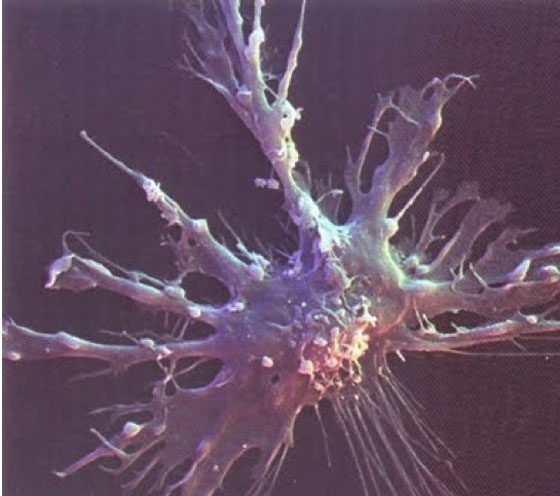
Harder Lab
The long-term goal of our laboratory is to identify the key genes and cellular pathways that guide dendritic cell lineage choice and dendritic cell function. We are particularly interested in the role of tyrosine kinase/phosphatase-regulated signalling pathways that control signalling thresholds important for the development and function of DCs.
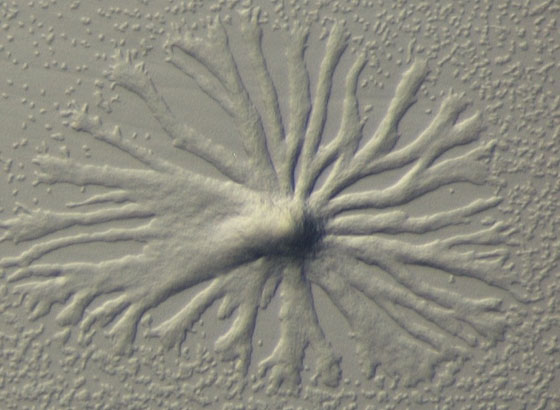
Weeks Lab
Weeks lab is interested in the role of the Ras subfamily of proteins in the growth and differentiation of Dictyostelium.
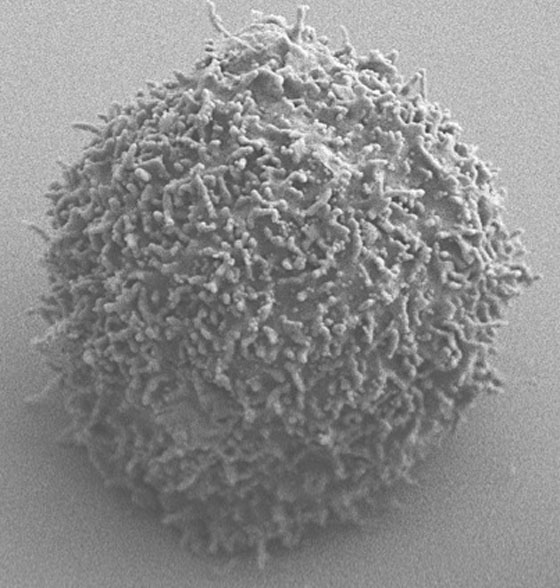
Horwitz Lab
Our laboratory is interested in identifying, characterizing and determining the mechanisms of viral-induced immune disease in a variety of complex chronic disorders. These include, but are not limited to autoimmune diseases like diabetes, autoimmune myocarditis and multiple sclerosis, immunosuppression induced by viruses such as HIV and Measles, haemorrhagic fevers as observed following Dengue fever virus infection, and meningitis induced by viruses like West Nile Virus.
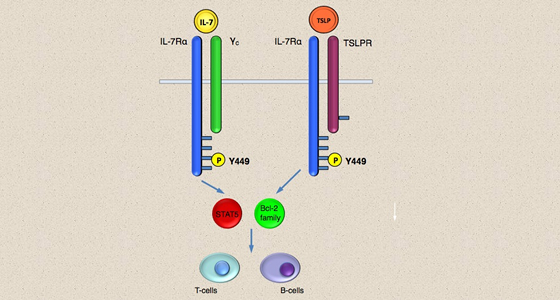
Abraham Lab
Our research focus is on a cytokine, interleukin-7 (IL-7), that is an essential growth factor for lymphocytes. Defects in IL-7 or its deregulation cause immunodeficiency and lymphomas respectively.

Jean Lab
A major goal of Dr Jean’s current antiviral research programs, presently funded by the Canadian Institutes of Health Research (CIHR), is to increase our understanding of human viral pathogenesis by identifying and studying the enzymes that control the viral and host-cell pathways essential for viral infection and disease progression and by developing protease inhibitors to interrupt these enzymatic pathways.
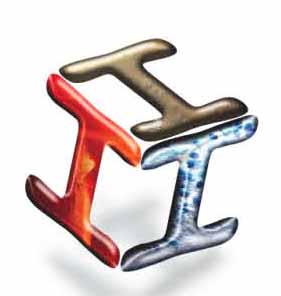
<div id="hybrid-nav-menu-3" class="widget nav-menu widget-nav-menu"><div class="widget-inside"><h3 class="widget-title">Resources</h3>
</div></div>
Undergraduate Student Research Experience Program
The program provides the undergraduate science students opportunities to gain practical, hands-on experience in labs conducting ground-breaking research into infectious diseases, antiobiotic resistance and immune responses.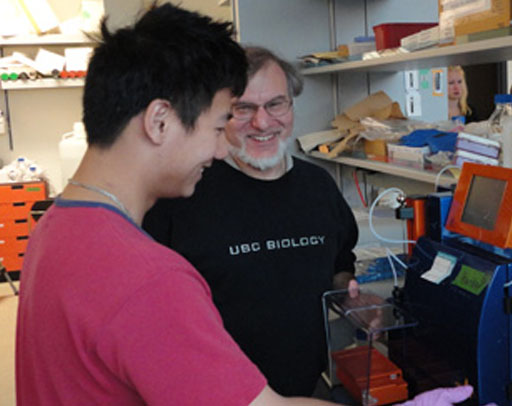
Support the I3 Research Group
LSI researchers study infectious agents, how they cause disease and how our body fights infection. Diseases affected by this research include viral infections such as SARS, HIV, influenza, Hepatitis C and West Nile Virus.
Gifts from friends, alumni and other community members enable the University of British Columbia to carry out many outstanding research projects.

